-
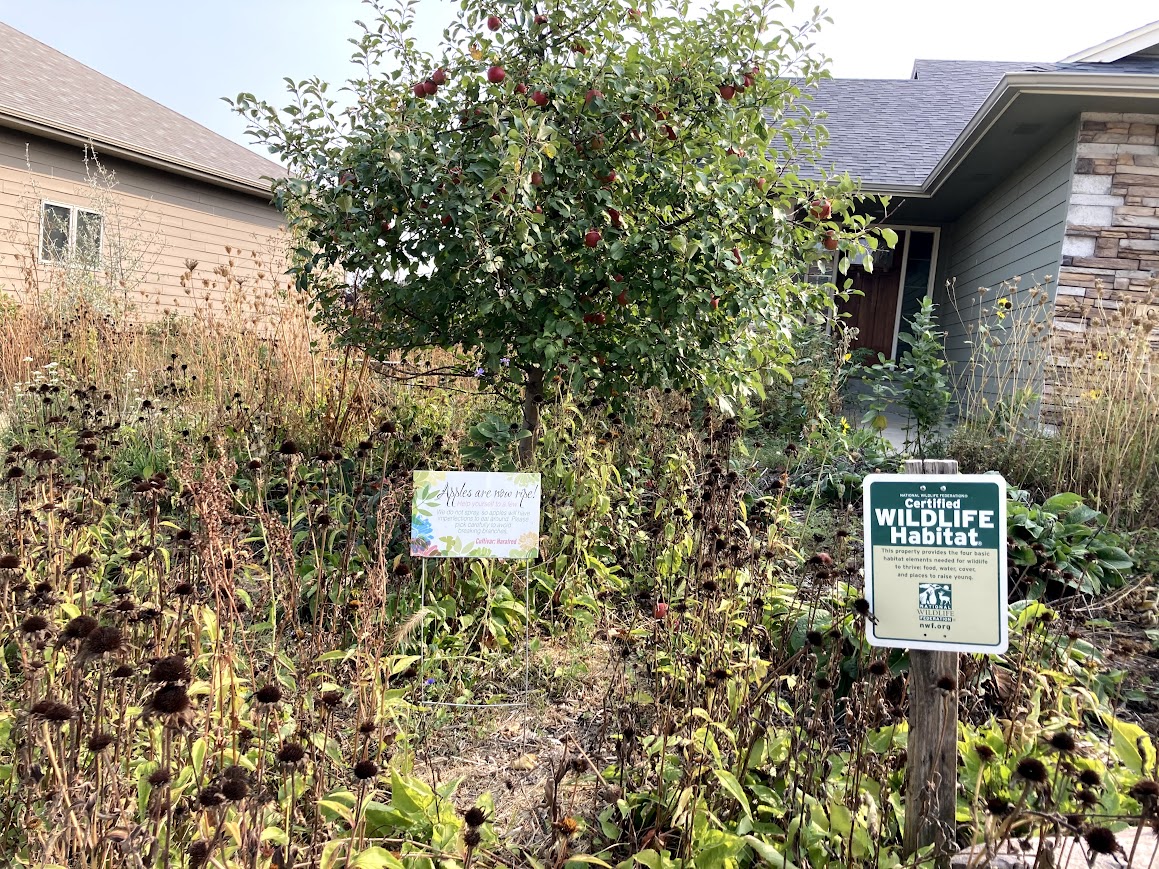
Shifting Perceptions of Beauty in Your Neighborhood
Low-maintenance edible landscaping typically comes in the form of guilds, food forests, wildflower gardens, and other wild gardens that function more like ecosystems. This type of landscaping is not as meticulous, organized, or controlled as the gardens your neighbors might maintain. That’s what makes it low-maintenance (and usually more eco-friendly). You might think your property…
-
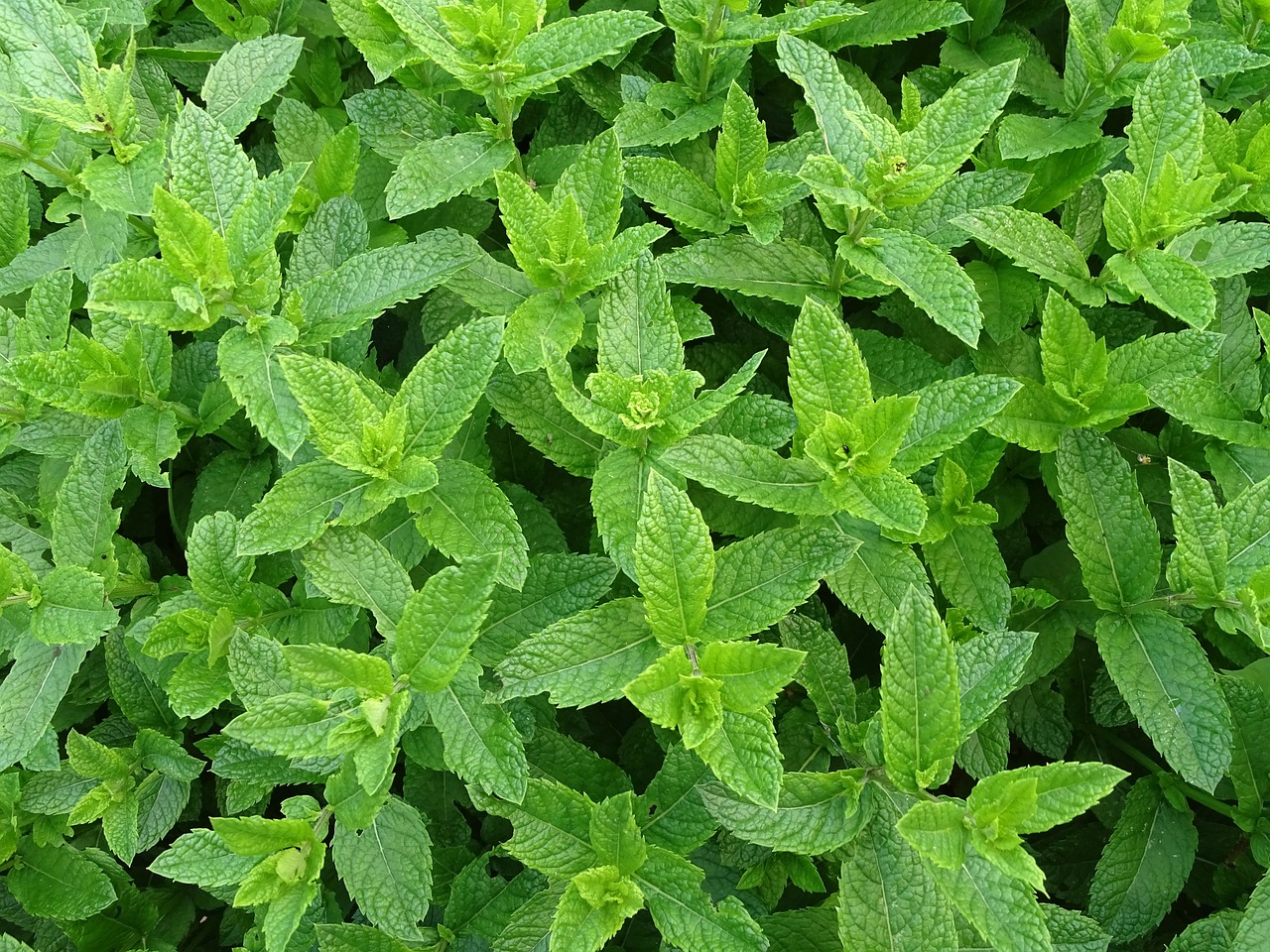
For the Love of Mint in All Its Spreading Glory
Mint, in all of its spreading, growing, thriving glory, is an excellent plant to add to a low-maintenance edible landscape. Tons of resources on growing mint are already widely available, so I’m not going to do that here. No, my job here is to rescue mint (and many plants like it) from its stigmatic prison….
-
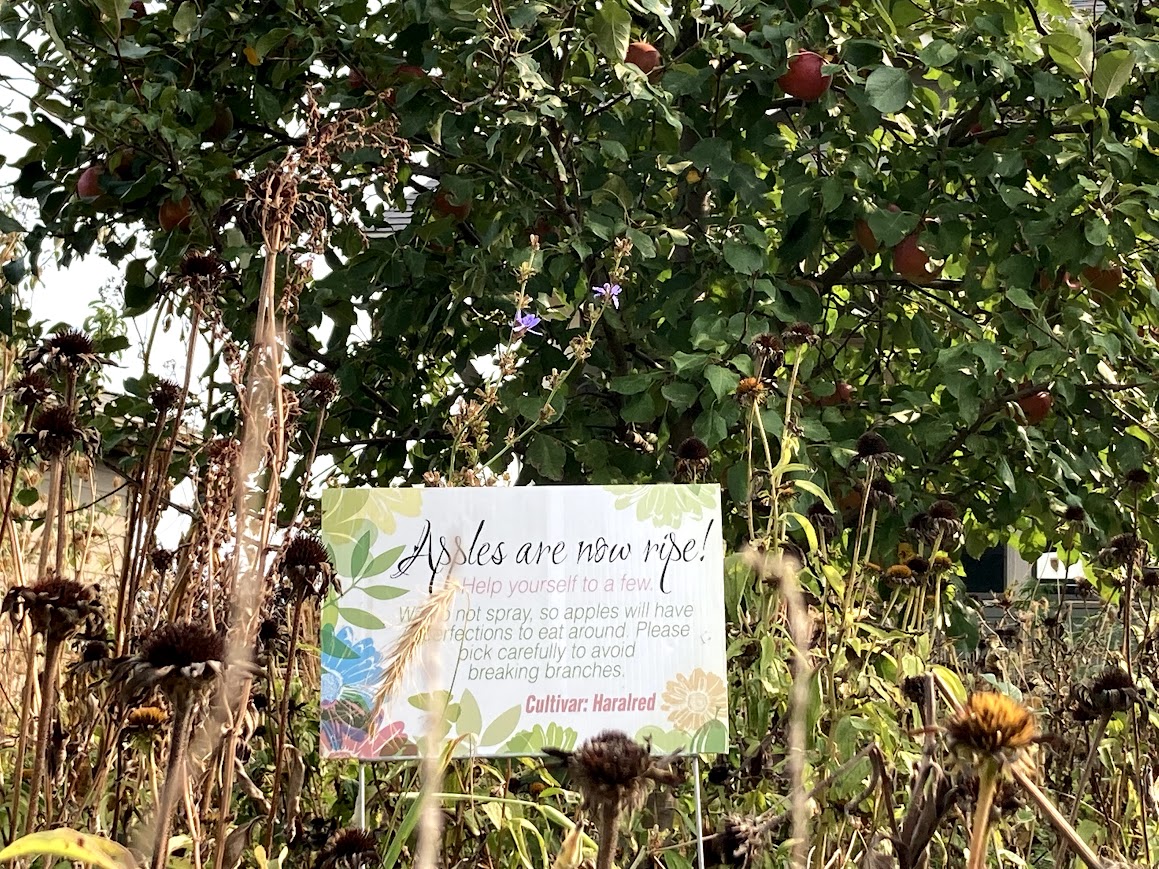
Sharing Your Bounty
When we bought our house the landscaping was pristine. The lawn had been regularly watered and sprayed. It was a lush carpet of green in September. The rock garden landscaping was dutifully sprayed with roundup and planted sparsely with landscaping plants. It was just the way people like it around here. But we did not…
-
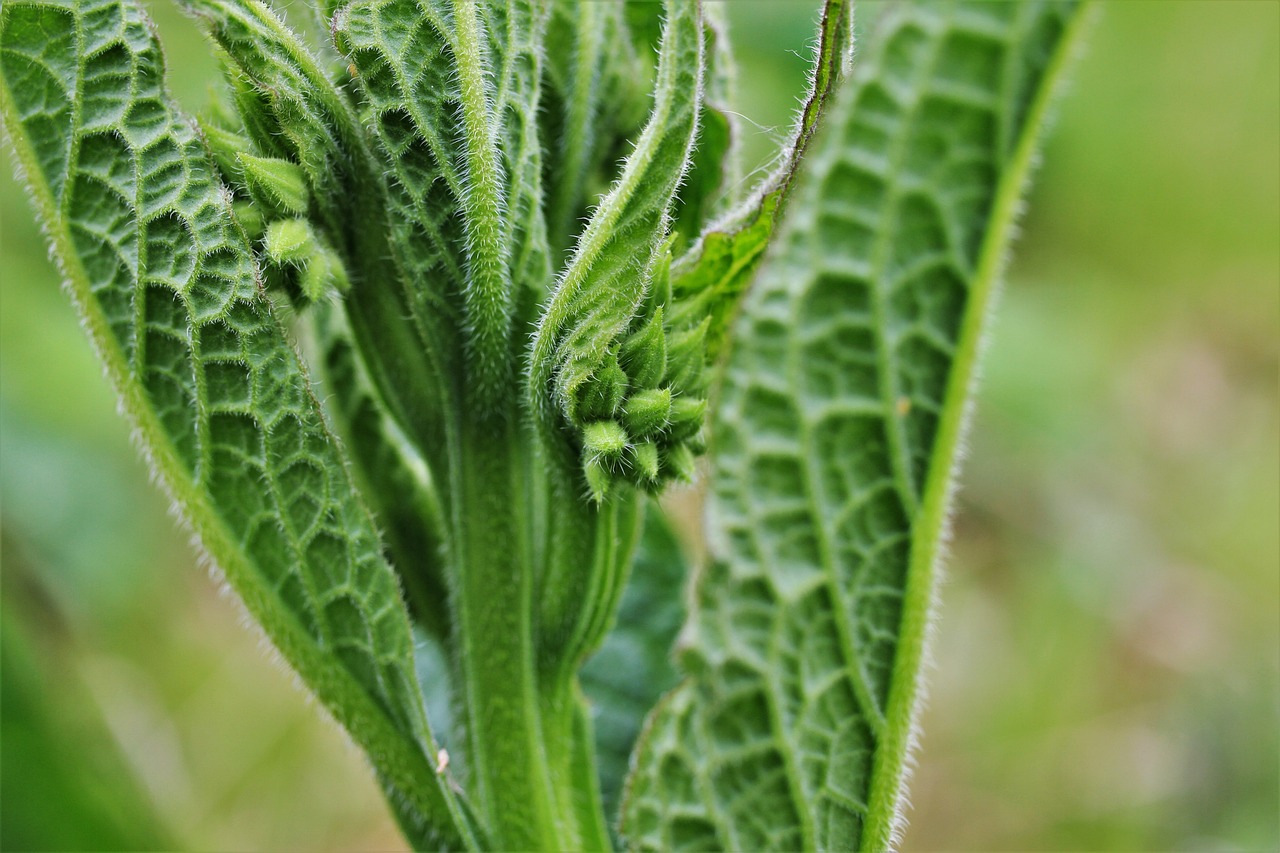
Dynamic Nutrient Accumulators
What they are Dynamic nutrient accumulators are plants that are considered to be very good at grabbing lots of nutrients from the subsoil and bringing those nutrients back into their plant parts. Then when the plant dies or dies back, those nutrients are distributed to the topsoil as the plant matter decomposes. The science? There…
-
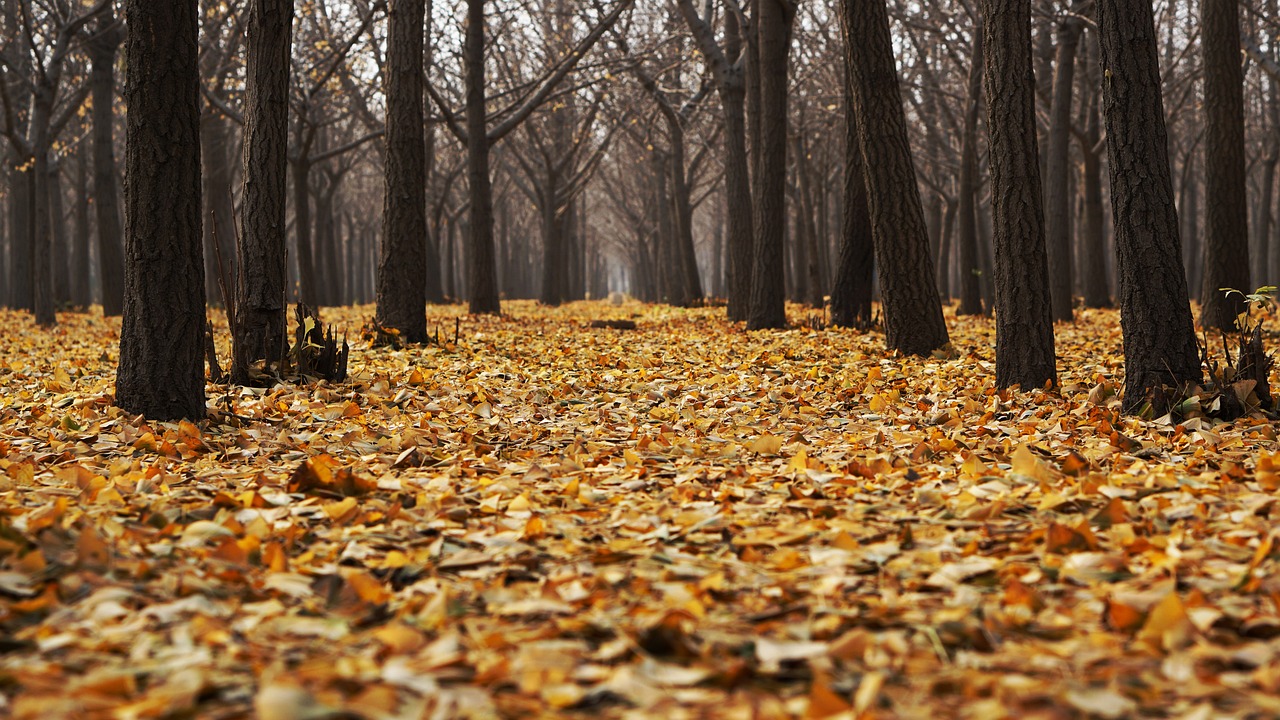
Chop-and-Drop Mulching: What, Why, and How
What is it Chop-and-drop mulching is just what it sounds like. When you prune or cut back a plant, you just let your cuttings fall to the ground and leave them there or spread them around. This dropped plant matter will act as mulch. Why do it Mulch is important for many reasons. If you…
-
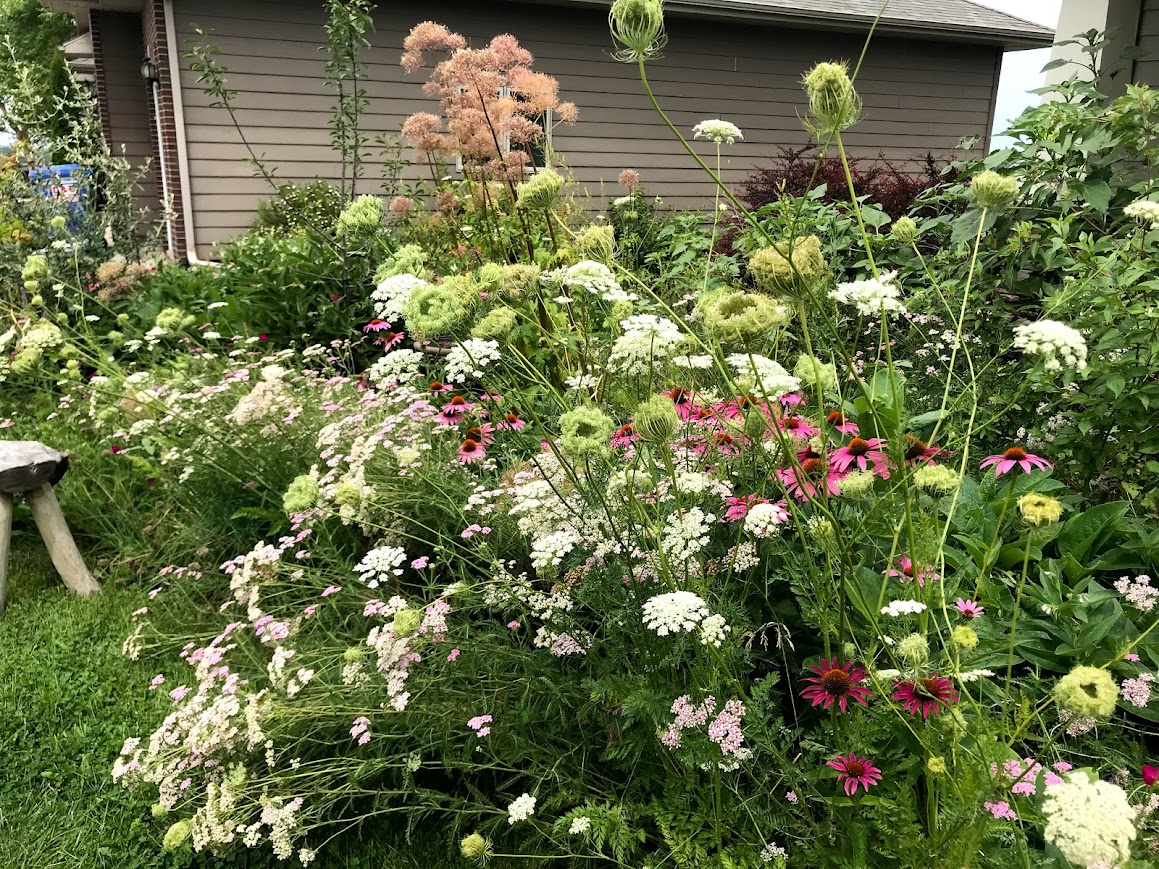
Queen Anne’s Lace: The Easy Carrot
Many people know that Queen Anne’s Lace is a weed, but fewer people know its secret identity. Queen Anne’s Lace, Daucus carota, is actually wild carrot. The carrot we all know and accept into our gardens is a cultivated strain of the same plant (sativa). In fact, if you don’t harvest your garden carrots the…